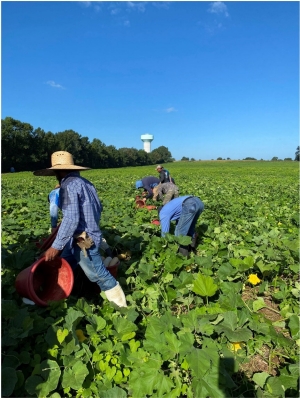Introduction to The Food Safety Modernization Act

What is the Food Safety Modernization Act (FSMA)?
The Food Safety Modernization Act (FSMA) was signed into law on January 4, 2011. FSMA is the most sweeping reform to United States food safety regulations in over 70 years. The goal of FSMA is to create a culture of prevention, as opposed to reaction to foodborne illnesses and outbreaks.
FDA has finalized several rules to implement FSMA, recognizing that ensuring the safety of the food supply is a shared responsibility among many different points in the global supply chain for both human and animal food. The FSMA rules are designed to make clear specific actions that must be taken at each of these points to prevent contamination.
FSMA’s Seven Fundamental Rules
- Preventive Controls for Human Food: Requires that food facilities have safety plans that set forth how they will identify and minimize hazards.
- Preventive Controls for Animal Food: Establishes Current Good Manufacturing Practices and preventive controls for food for animals.
- Produce Safety: Establishes science-based standards for growing, harvesting, packing and holding produce on domestic and foreign farms.
- Foreign Supplier Verification Program: Importers will be required to verify that food imported into the United States has been produced in a manner that provides the same level of public health protection as that required of U.S. food producers.
- Third Party Certification: Establishes a program for the accreditation of third-party auditors to conduct food safety audits and issue certifications of foreign facilities producing food for humans or animals.
- Sanitary Transportation: Requires those who transport food to use sanitary practices to ensure the safety of food.
- Intentional Adulteration: Requires domestic and foreign facilities to address vulnerable processes in their operations to prevent acts intended to cause large-scale public harm.
For more information on FSMA visit the FDA's FSMA website.